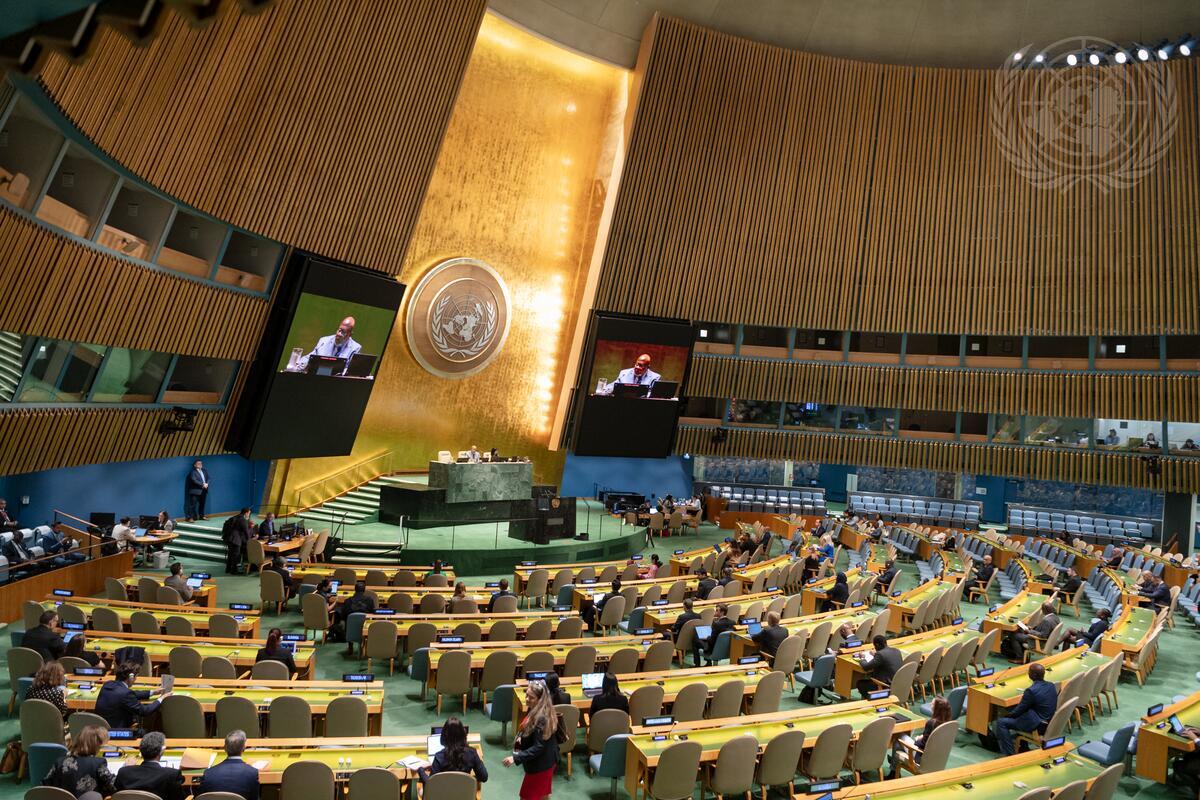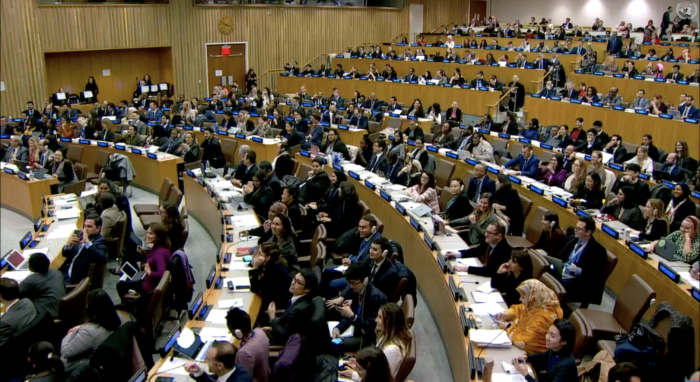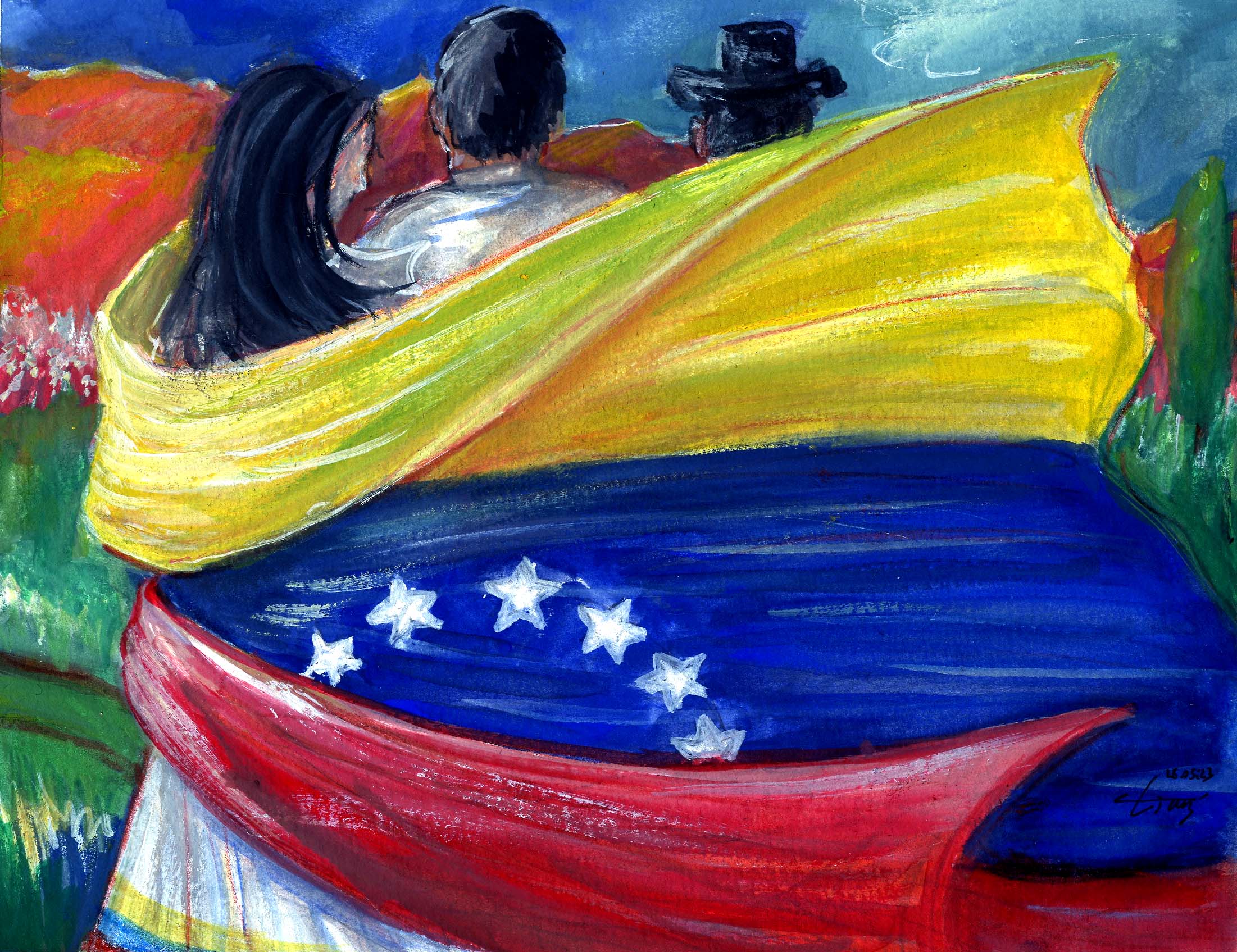Under-reporting and backlogs plague the UN treaty body system as it gears up for the 2020 review. In his annual address to the Third Committee, Luis Ernesto Pedernera Reyna, Chair of the Committee on the Rights of the Child, stressed that his own committee has a backlog of over 30 State reports. Jens Modvig, Chair of the Committee Against Torture (CAT), reported that at the end of the committee’s last session, 107 individual complaints were still pending consideration. Both made it clear that such an inability to meet the demand for their work has become the rule, not the exception.
Under the current system, only States that report to the committees are scheduled for review. This has resulted in some States escaping scrutiny altogether. Even when States are required to report, they all too frequently fail to do so.
Faced with these pressing challenges, the treaty body Chairpersons also presented a unified vision for the 2020 review, which is outlined in their joint Chairperson’s position paper, when they reported to the Third Committee. Per General Assembly resolution 68/268, the state of the treaty body system is to be considered in 2020.
Under the Chairpersons’ vision for the 2020 review, a fixed calendar review process will ensure that all States that have ratified a treaty will be reviewed at predictable intervals, whether or not they submit their reports. The Chairpersons’ vision also includes moving towards using the simplified reporting procedure for all reports
Modvig indicated that there is reason to believe States will embrace such a change: 100 States already accepted the simplified reporting procedure for the CAT. Renato Zerbini Ribeiro Leão, Chair of the Committee on Economic, Social, and Cultural Rights echoed this positive assessment. According to him, the simplified procedure has led many States to finally present reports that were long overdue.
Chair of the Committee on the Elimination of All Forms of Discrimination Against Women Hilary Gbedemah explained that treaty bodies can increase their capacity to review reports by working in chambers, pooling together their limited human resources.
When she addressed the General Assembly, UN High Commissioner for Human Rights Michelle Bachelet stressed the significance and potential of the General Assembly’s 2020 review of the treaty body system. Since the human rights conventions and their respective treaty bodies form the ‘legal backbone of the entire human rights protection architecture,’ the review has the potential to bolster the entire human rights system, Bachelet argued.
The Chairpersons generally agreed that the 2020 review presents an opportunity for progress. However, one urgent threat to the treaty bodies permeated all discussions: a lack of funding.
Modvig argued that, although the goal is to strengthen the treaty bodies, funding shortages threaten their very ability to function in 2020. In addition to most Chairpersons reporting that they came close to having to cancel their third annual meeting because of funding shortages, Evans regretted that for the first time ever, budgetary constraints had forced the Subcommittee on the Prevention of Torture to cancel planned visits.
Together with 41 organisations from around the world, ISHR calls on States to seize the opportunity of the 2020 review to implement the commitments made during the last strengthening process, including to adequately fund the treaty bodies’ work in line with the formula decided by the General Assembly in resolution 68/268.




